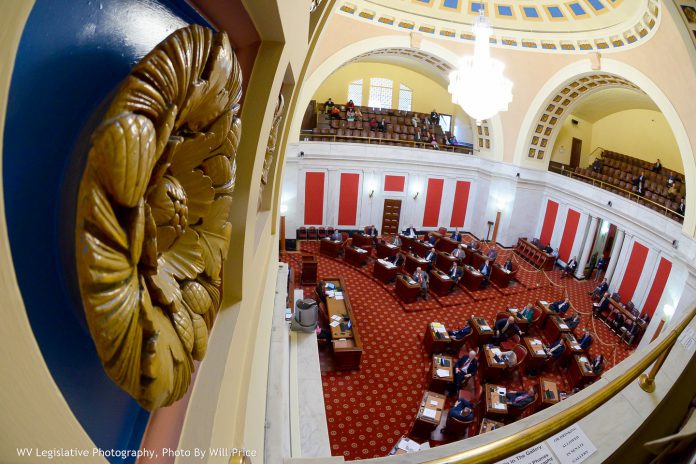As of 4 p.m., Wednesday January 25, 2012, the 15th day of the 80th Legislature’s 2nd Regular Session, 429 bills hve been introduced in the Senate. Of those, 7 have passed the Senate and will move on to the House for further consideration. Bills passed by the Senate this week include:
Senate Bill 7 would allow for emergency responders, state police, and volunteer and paid firefighters who have completed necessary training to carry and administer, Naloxone hydrochloride, which would be used in response to emergency situations of opiate overdoses. The bill also sets requirements for opiod overdose prevention and treatment training as well as providing immunity to licensed health care providers for prescribing and dispensing Naloxone.
Senate Bill 30 would broaden the authority of the DMV to add appropriate brands to junked vehicles in order to alert consumers, motor vehicle dealers and the insurance industry of a vehicle’s history.
Senate Bill 96 would disqualify prospective jurors who have been convicted of perjury, false swearing or other crimes punishable by imprisonment in excess of one year.
Senate Bill 100 would eliminate the ability of circuit clerks to charge three times the amount of postage when mailing documents. Only the original amount of postage can be charged and the clerk decides whether or not to charge extra for additional copies of a document.
Senate Bill 118 would allow a family member or a co-lessee of a deceased tenant to cancel the lease after providing written notice to the landlord and allowing two months notice. The bill would not automatically terminate the lease, but would require the surviving members of the tenant to cancel the lease.
Senate Bill 129 would amend methods of easement or right-of-way descriptions in a deed or other instrument that initially grants or reserves a right-of-way easement. The bill would provide that when a centerline is used to describe a right-of-way, the width must also be included in the description.
Senate Bill 183 would align incarceration sentences of assault or battery against an athletic official, which is currently 24 hours to 30 days, to the general assault and battery laws of 6 months for assault and 12 months for battery.
A Sampling of the Bills Introduced in the Senate
Senate Bill 349 would prohibit courts from using or considering an income-producing asset for purposes of spousal support if the asset was the subject of equitable distribution.
Senate Bill 350 would automatically revoke a will upon legal separation. The bill would exclude from the definition of “surviving spouse”, for purposes of descent and distribution, a person who is a party to a decree of legal separation.
Senate Bill 351 would limit the size of voting precincts to 3,000 registered voters in urban areas and 1,500 in rural areas. The bill permits an increase in the size of standard receiving boards, as well as providing an option to have more poll workers and commissioners. The bill also permits as few as four poll workers in a precinct during a municipal election where there is no simultaneous state or county election.
Senate Bill 352 would criminalize a custodian of a child who knowingly fails to report to a law-enforcement agency the disappearance of a child 12 years or older in his or her custody within 24 hours of the time he or she has knowledge that child is missing. Those found guilty could face a misdemeanor, and upon conviction, would be fined no less than $100 and no more than $500 or confined in jail for no more than one year, or both fined and confined.
Senate Bill 354 would allow county commissioners to appoint a temporary successor if a vacancy occurs in clerk of the county commission, clerk of the circuit court, prosecuting attorney, sheriff, or assessor and surveyor.
Senate Bill 370 would protect the transport and storage of legal firearms or ammunition in private vehicles including: any automobile, truck, minivan, sports utility vehicle, motorcycle, motor scooter, or any other vehicle required to be registered under state law when operated on the highways of this state.
Senate Bill 425 would allow for nonprofit community health care organizations to operate a nursing home if certain restrictions were met. The bill would also exempt the organizations from nursing home moratorium and certificates of need requirements.

